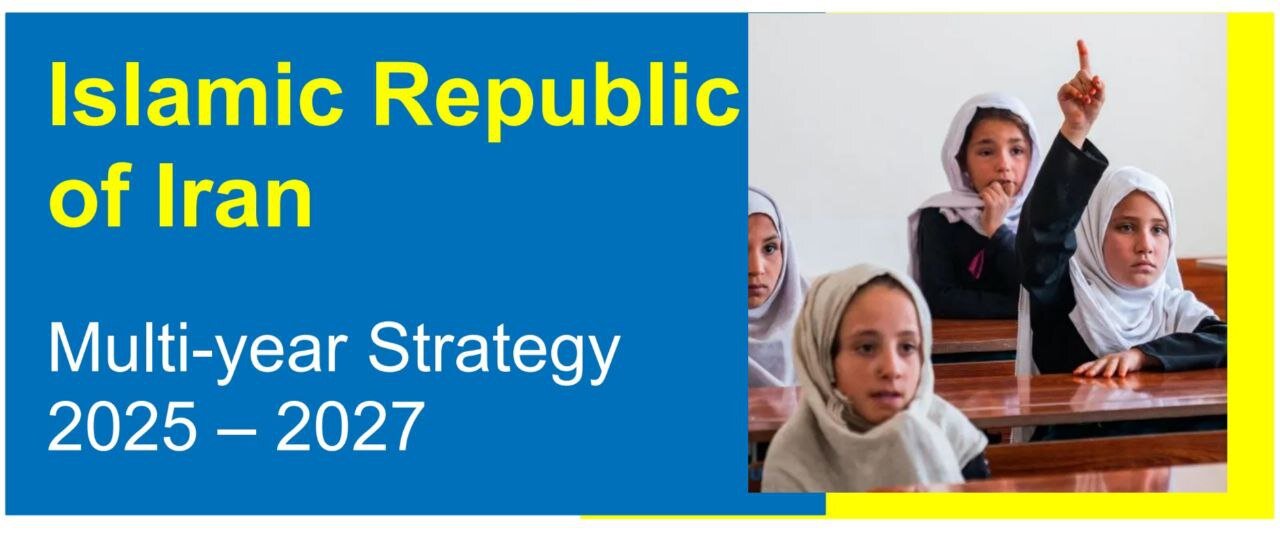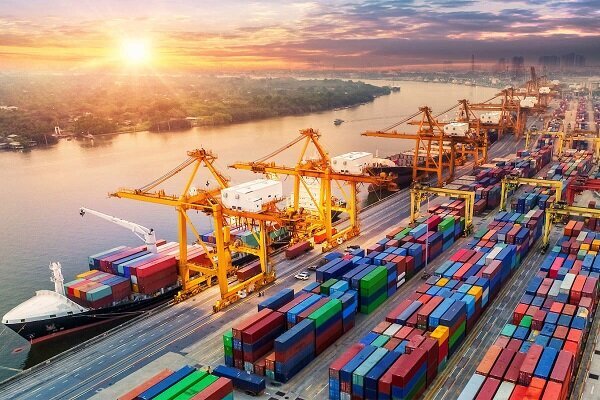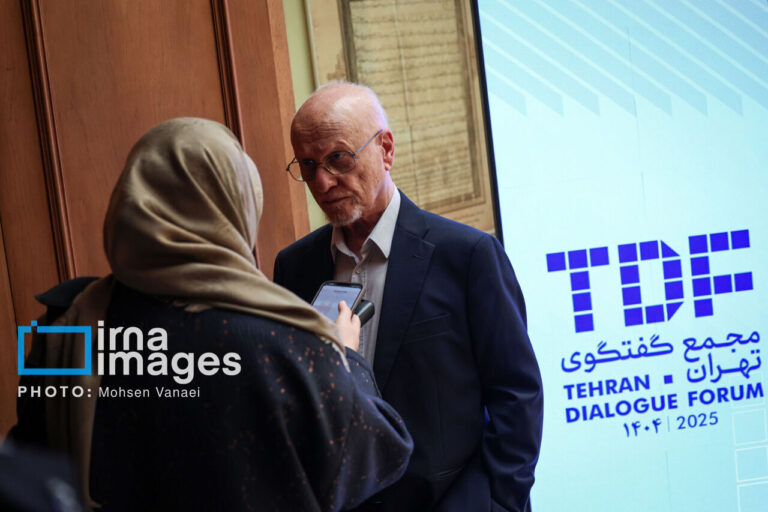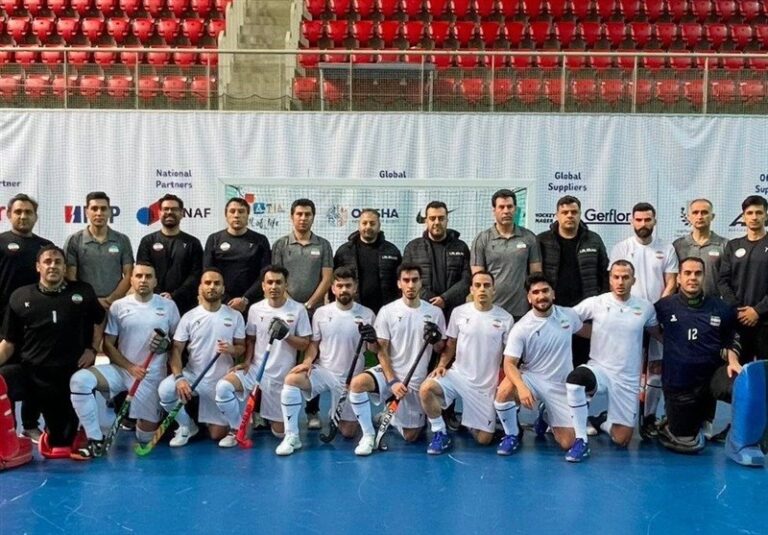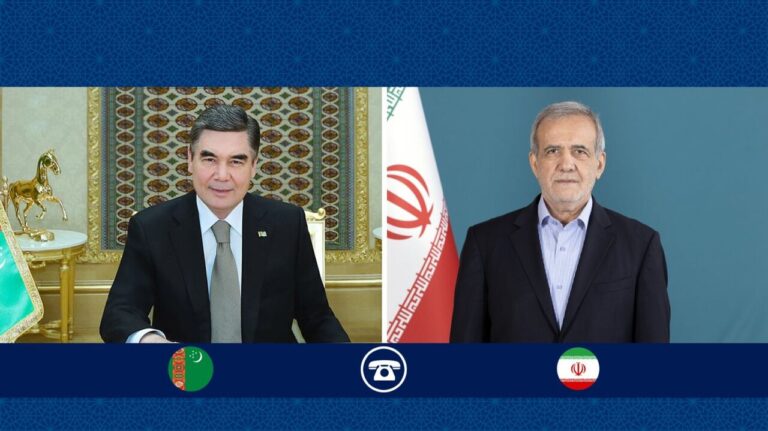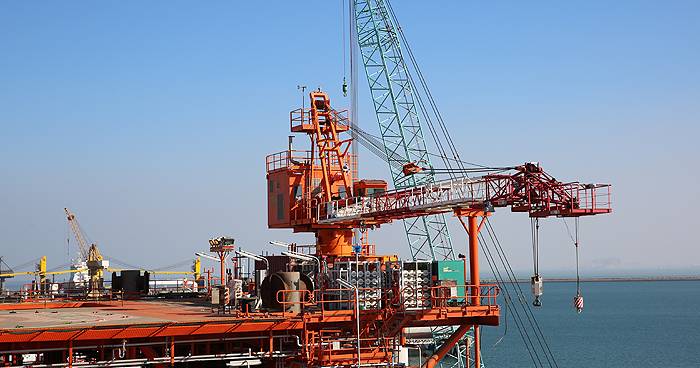UNHCR Unveils Bold Strategy and Vision for Iran: A Comprehensive Plan for 2025-2027
The United Nations High Commissioner for Refugees (UNHCR) has unveiled a comprehensive vision for Iran aimed at enhancing the lives of forcibly displaced individuals by the year 2027. This strategic plan emphasizes creating a safe and inclusive environment where vulnerable populations can thrive and contribute to their host communities. The vision is a critical step towards ensuring that people in need of international protection have their fundamental rights respected and have access to vital social services.
This ambitious vision is focused on several key objectives:
- Safeguarding Rights: The primary goal is to protect the rights of forcibly displaced and stateless individuals by responding swiftly and effectively to their needs.
- Promoting Inclusion: The initiative aims to foster inclusion and self-reliance, empowering individuals to build their futures.
- Sustainable Solutions: UNHCR is committed to pursuing sustainable solutions to challenges related to displacement and statelessness.
- International Cooperation: Recognizing that lasting solutions require global collaboration, the vision aligns with international strategic directions for equitable responsibility-sharing.
This overarching vision complements existing frameworks that address the situation in Afghanistan, such as the Solutions Strategy for Afghan Refugees and the Refugee Response Plan (RRP). These frameworks promote coordinated and sustainable approaches to long-term solutions for refugee populations.
While the United Nations Sustainable Development Cooperation Framework does not specifically mention refugees, the UNHCR’s vision aligns seamlessly with its broader goals of sustainable development and inclusion. In support of this vision, UNHCR has identified five strategic priorities to address the most pressing issues facing forcibly displaced and stateless individuals in Iran.
The Islamic Republic of Iran has a long-standing history of hosting forcibly displaced people for over 40 years. The country has upheld refugee-inclusive policies that facilitate access to essential public services, particularly healthcare and education. According to UNHCR data, Iran is home to approximately 773,000 refugees, comprising 761,000 Afghans and 12,000 Iraqis, who hold Amayesh and Hoviat cards, respectively. These cards grant foreign nationals temporary residence and refugee protection.
By 2024, UNHCR estimates that around 3.8 million forcibly displaced individuals of various documentation statuses reside in Iran, establishing it as the world’s largest refugee-hosting country.
Looking forward to 2025, UNHCR Iran has outlined five strategic priorities to guide its efforts:
- Maintaining Asylum Space: Ensuring that asylum seekers have access to protection and support.
- Increasing Support for Inclusive Services: Enhancing access to vital services such as health, education, and social protection.
- Promoting Self-Reliance: Empowering forcibly displaced and stateless individuals to achieve self-sufficiency.
- Expanding Creative Solutions: Exploring innovative pathways for resettlement and voluntary repatriation when conditions in Afghanistan permit.
- Reducing Statelessness: Advocating for the rights of stateless individuals through targeted efforts and enhanced partnerships.
UNHCR’s vision for Iran is a vital step toward creating a more inclusive and resilient future for those forced to flee their homes. By prioritizing these strategic areas, UNHCR aims to enhance the living conditions of displaced populations, ensuring they have access to the resources and support necessary to thrive in their new environments.
With a commitment to safeguarding the rights of the most vulnerable, this vision sets a clear path toward a sustainable and equitable future for forcibly displaced people in Iran, highlighting the importance of collaboration and support from the international community.
As the situation evolves, UNHCR remains dedicated to adapting its strategies to meet the changing needs of refugees and stateless individuals, ensuring that their voices are heard and their rights are upheld.
